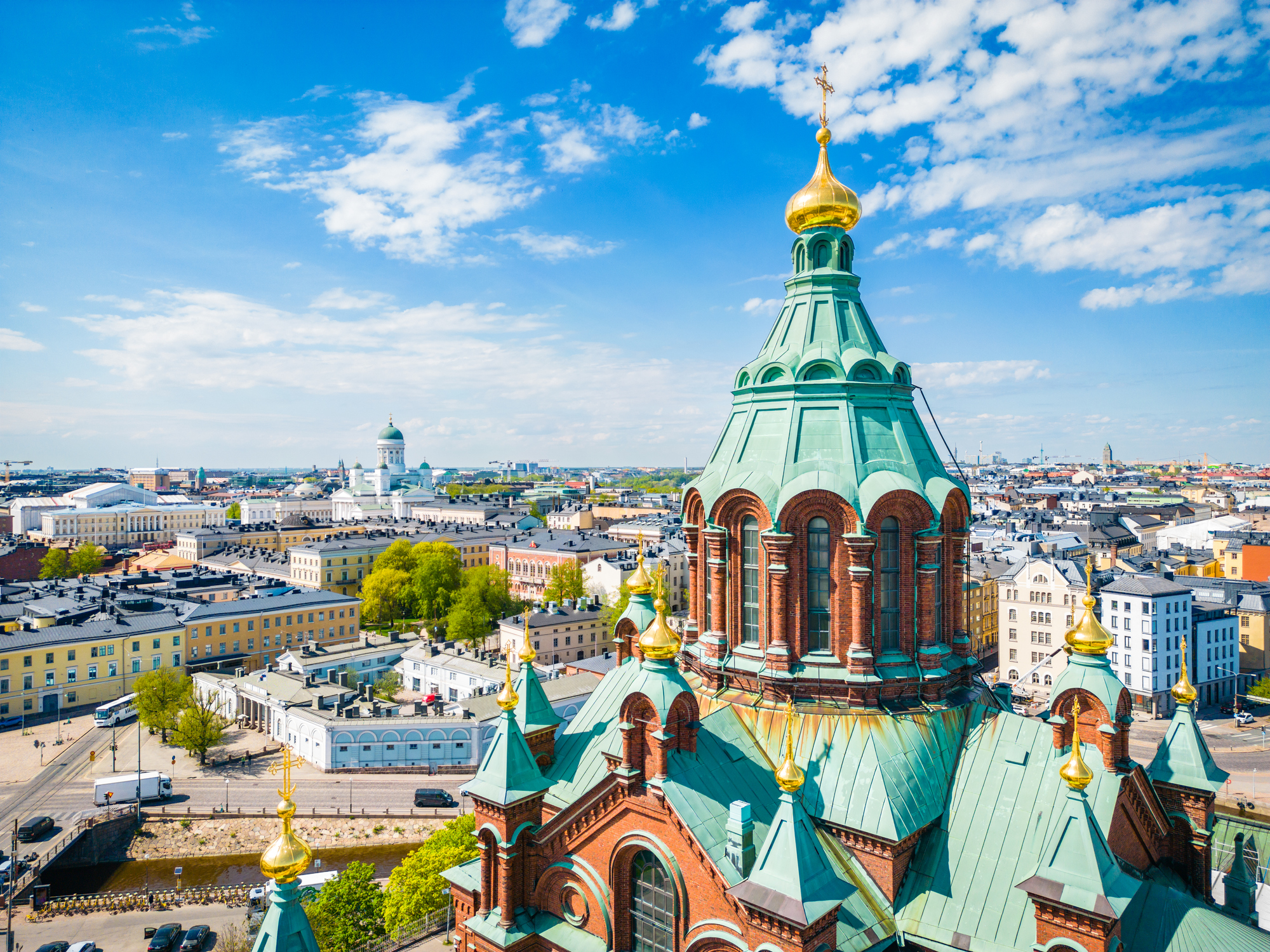The Week Unwrapped: Dead ships, film strikes and pandemic travel
Why is the UN worried about a supertanker in Yemen? Will strikes cause a streaming video shortage? And what next for the ‘zero-Covid’ success stories?
A free daily email with the biggest news stories of the day – and the best features from TheWeek.com
You are now subscribed
Your newsletter sign-up was successful
Olly Mann and The Week delve behind the headlines and debate what really matters.
You can subscribe to The Week Unwrapped wherever you get your podcasts:
In this week’s episode, we discuss:
The Week
Escape your echo chamber. Get the facts behind the news, plus analysis from multiple perspectives.

Sign up for The Week's Free Newsletters
From our morning news briefing to a weekly Good News Newsletter, get the best of The Week delivered directly to your inbox.
From our morning news briefing to a weekly Good News Newsletter, get the best of The Week delivered directly to your inbox.
Yemen’s timebomb
For years activists and environmental groups have been warning of the dangers of a 45-year-old oil tanker stranded off the coast of Yemen. Trapped in the war zone between the internationally recognised government and the Houthi rebels, the FSO Safer is carrying 1.14m barrels of crude oil. And if it sinks, sets on fire or explodes, thousands of people could die. When or how the oil freighter will be secured and moved to safety remains unclear. But what does it tell us about the impact of conflict on the climate crisis?
Hollywood strike
Film crews working on films and series for streaming video services are threatening to go on strike over pay and working conditions. Last time their contracts were up for renewal, the studios negotiated lower fees for crews working on online projects compared with those destined for cinema or TV, arguing that the streaming business model was unproven. Now the unions say streaming services are at least as lucrative as older media, and their workers deserve a larger cut.
A free daily email with the biggest news stories of the day – and the best features from TheWeek.com
Covid cold feet
Singapore’s government is facing pressure to reintroduce restrictions after it cut hotel quarantine and started letting in a small number of vaccinated tourists. The resulting rise in infections, though still small by European standards, spooked a population that has got used to a zero-Covid approach. Australia and New Zealand will soon negotiate a similar transition. How will these Covid success stories manage the next phase of the pandemic, and how will it change their attitude towards international visitors?
-
 The environmental cost of GLP-1s
The environmental cost of GLP-1sThe explainer Producing the drugs is a dirty process
-
 Greenland’s capital becomes ground zero for the country’s diplomatic straits
Greenland’s capital becomes ground zero for the country’s diplomatic straitsIN THE SPOTLIGHT A flurry of new consular activity in Nuuk shows how important Greenland has become to Europeans’ anxiety about American imperialism
-
 ‘This is something that happens all too often’
‘This is something that happens all too often’Instant Opinion Opinion, comment and editorials of the day
-
 Nicolas Cage shrine could spark new religion
Nicolas Cage shrine could spark new religionTall Tales And other stories from the stranger side of life
-
 Doomsday group offers 'epic' survival opportunity
Doomsday group offers 'epic' survival opportunityTall Tales And other stories from the stranger side of life
-
 ‘Irony’ as Zoom calls staff back to office
‘Irony’ as Zoom calls staff back to officefeature And other stories from the stranger side of life
-
 The U.S. veterinarian shortage crisis
The U.S. veterinarian shortage crisisSpeed Read With an anticipated shortage of 15,000 vets by 2030, it will be harder to get care for pets
-
 Company teaches mask-wearers to smile again
Company teaches mask-wearers to smile againfeature And other stories from the stranger side of life
-
 Global happiness has been 'remarkably resilient' over the past three years
Global happiness has been 'remarkably resilient' over the past three yearsfeature
-
 Ministers considered killing all cats during pandemic
Ministers considered killing all cats during pandemicfeature And other stories from the stranger side of life
-
 The Week Unwrapped: Korean succession, terror by algorithm and German disquiet
The Week Unwrapped: Korean succession, terror by algorithm and German disquietpodcast Could a 10-year-old girl rule North Korea? Will an Isis victim upend web law? And why is Germany upset with its Oscars contender?